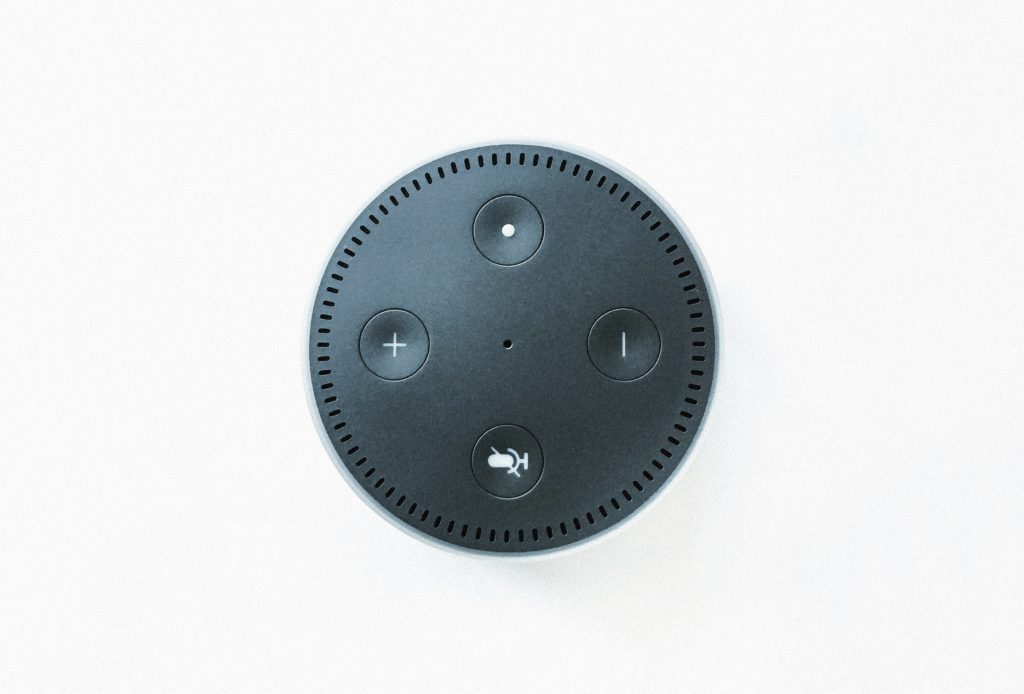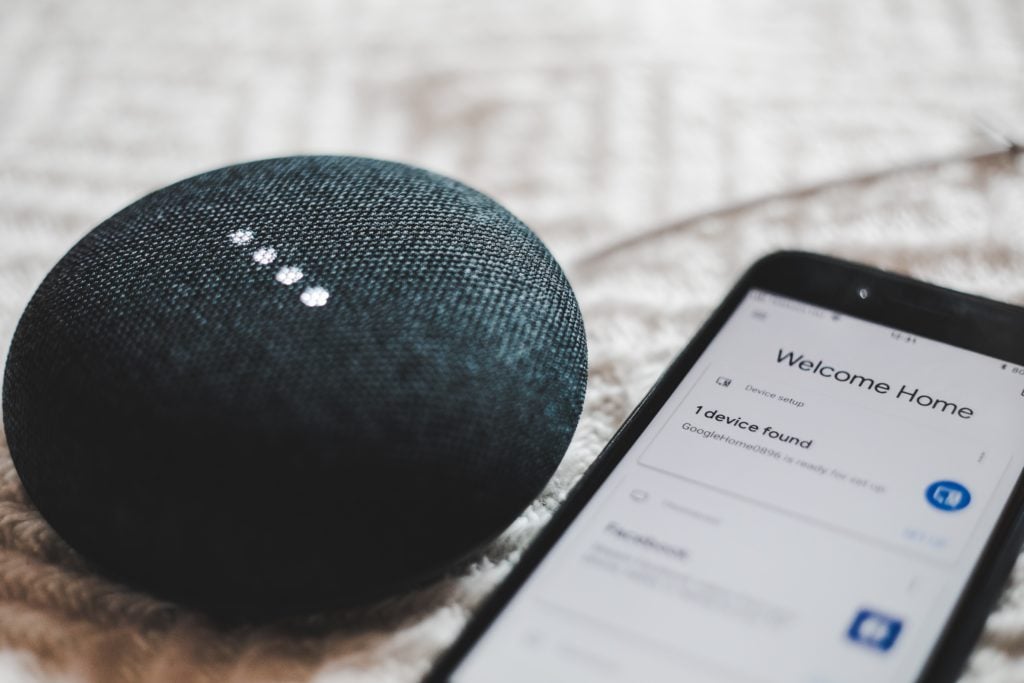Alexa – How does voice search affect my digital marketing strategy?
If you haven’t asked Alexa to tell you what the weather looks like for the day ahead or even to settle a debate on who scored the most hattricks in the premiere league, then where have you been?
Voice search is voice recognition technology in the form of Siri, Cortana, Alex and Google Home. We use these digital personal assistants to glide through day-to-day activities, from asking for directions to helping with homework.
The change in search behaviour has been seismic, in fact PWC have reported that 71% of respondents would opt to use a digital assistance rather than physically typing out their search. But how does voice search change the way we search and ultimately digital strategies?
The growth in voice search has been immense. During 2018, 1 billion voice searches were generated every month. Digital assistants are a rising trend and it looks like they are here to stay. And why wouldn’t they? Consumers are opting for voice search because it is often faster, easier and more convenient for users to speak commands rather than type them.
How do consumers use voice search?
It is important to understand how and why people are turning to voice search and when it is more appropriate to use over text search. People use voice search typically for four categories:
- general fact finding
- personal assistance
- local information
- fun and entertainment.
Understanding how voice search is used will help you to optimise your digital marketing strategy and accommodate a range of varied searches.

The four key differentiations to voice search and how to optimise your strategy effectively
1. Long-tailed queries
Consumers prefer to use natural language when talking to digital assistance. This has resulted in longer tailed search terms:
Voice search: “Who headlined the Glastonbury pyramid stage in 2014?” VS
Text search: “Glasto 2014 facts.”
TIP: Make sure you are capturing voice searches by adding longer tail keywords.
2. Question queries?
When using voice recognition technology, we tend to use the same language as if we are interacting with humans. Instinctively searches are posed more
Voice search: “Who stocks Chilly’s Bottles online?”
VS
Text search: “Chilly’s Bottle.”
TIP: Make sure you are capturing voice searches by adding relevant question keyword phrases to your keyword list i.e. where can I buy chilly bottles? Which shops sell chilly bottles? Which shops nearby sell Chilly’s bottles?

3. Stronger intent
The use of natural language within conversational search indicates a user’s level of intent. Voice search can be used as an indicator for how far down a funnel a consumer is, helping you identify where your bid is optimal.
TIP: For example, you would look to increase your bid on questions which are likely to drive an action i.e. “Where can I buy a Chilly’s Bottle?” and reduce bids on less related searches “Which country are Chilly’s Bottles made?”
Drive intent through tailoring ad copy to the product offering, testing and identifying high value phrases while negating irrelevant searches.
4. Local value consideration
We know that people use voice search in different ways to text search and that it is often used for directions and looking up addresses.
With 58% of consumers using voice search to find local businesses it is key to consider voice search within the digital marketing strategy.
TIP: Be sure to take into consideration competitors, local landmarks which might help to identify your business and of course allow for the natural language.
For example: “Siri, which is the nearest Plumbing company?” Local business East Central & Area Plumbing Solutions show directions to the nearest store linking the search to Google Maps.

Should I make voice search a part of my digital marketing strategy?
Voice search is inevitably growing and this matters to businesses. By 2020 it is predicted that 50% of all searches will be voice searches. You can’t afford not to make voice search a critical consideration in your digital marketing strategy.
For consumers, there are so many benefits to voice search. Speed, ease, and convenience are the obvious leaders, but as search engines and digital marketers learn to tailor their content, voice search is producing more precise results and a better overall user experience.
It is key for businesses to adapt to the changing search landscape to stay relevant. The reality of voice search is that it’s more competitive: often fewer searches are displayed, meaning businesses must embrace voice search to stay competitive.


